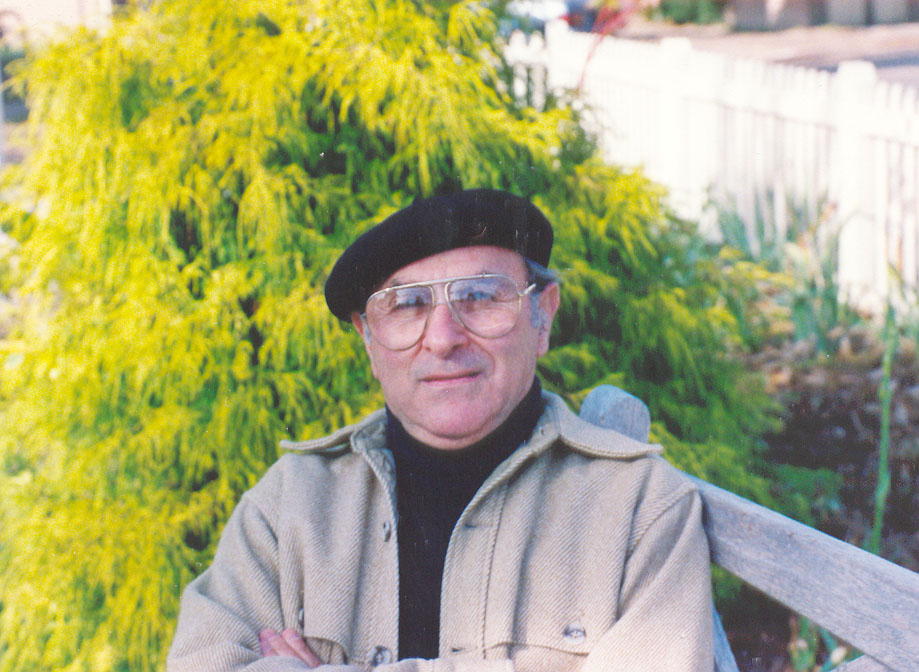
Frank Shatz
Frank Shatz lives in Williamsburg, Va. and Lake Placid. His column was reprinted with permission from The Virginia Gazette.
Once again, as a member of the American University in Moscow sponsored Expert’s Panel, I was asked to reflect on the so far successful joint American and Russian diplomatic effort to remove and destroy Syria’s chemical weapons stockpile.
Edward Lozansky, President of the American University in Moscow, in a recent op-ed article published in the Moscow Times, stated that thanks to unexpected turn of events, one of its potentially most valuable allies of the U. S. could turn out to be Russia.
"The resolution approved by the U. N. Security Council spread-headed by Russian diplomatic efforts, to transfer and destroy Syrian President Bashar al-Assad’s chemical weapons arsenal could in fact turn out to be an invaluable opportunity for a true "reset” in the two countries relationship,.” he wrote.
Indeed, there is a historical precedent for grasping such an opportunity.
The Cuban missile crisis of October 1962 is considered one of the most significant events of the twentieth century. Historical records attest to it that because of the actions of Soviet Premier Nikita Khrushchev and U. S. President John F. Kennedy, nuclear devastation of the globe was avoided.
In 1998, I had a wide-ranging interview with Sergei Khrushchev, the son of the former leader, Nikita Khrushchev. The interview was published in the Lake Placid News and The Virginia Gazette. Sergei was at that time a senior fellow at the Thomas Watson, Jr. Institute for International Studies at Brown University. He was very close to his father, was his confidant and was the editor of his landmark memoirs, "Khrushchev Remembers.”
Talking about the Cuban Missiles crisis of Oct. 1962, Sergei confirmed that what made it possible to avoid a nuclear conflagration between the U. S. and the Soviet Union, was the carefully calibrated action taken by his father and President Kennedy.
He explained that the purpose of the placement of nuclear-capable missiles in Cuba was to prevent a U. S. orchestrated invasion of that country. He acknowledged that his father miscalculated the American response to placing nuclear-tipped missiles in Cuba. When it became apparent that the American response could led to full-scale nuclear war, both leaders pulled back from the abyss.
Khrushchev in a letter to Kennedy requested a pledge that the United States would not invade Cuba or participate, in an attack on that country Receiving this assurance, Khrushchev ordered the withdrawal of Soviet nuclear weapons. "Both countries wanted desperately to avoid conflict and have been willing to compromise,” Sergei said.
The peaceful resolution of the Cuban missile crisis had a profound effect on the development of relationship between the U. S. and the Soviet Union. A "crisis hotline” was established and the stage was set for a more cooperative policy between the two countries. It culminated in the nuclear test-ban treaty of 1963.
Sergei recalled that following the treaty, his father and Kennedy met to set the stage for a "policy of détente.”
"My father was a pragmatist above all,” he said. "His primary goal was to introduce needed economic reforms and achieve détente with the West.”
In my contribution to the Expert’s Panel discussion, I noted that if the leaders of the United States and the Soviet Union could find common ground in the wake of resolving the Cuban missile crisis, why couldn’t the leaders of the U. S. and Russia do the same in the wake of resolving the crisis over Syria’s chemical weapons stockpile?



_jpg/250px-ElbeDay1945_(NARA_ww2-121).jpg)





